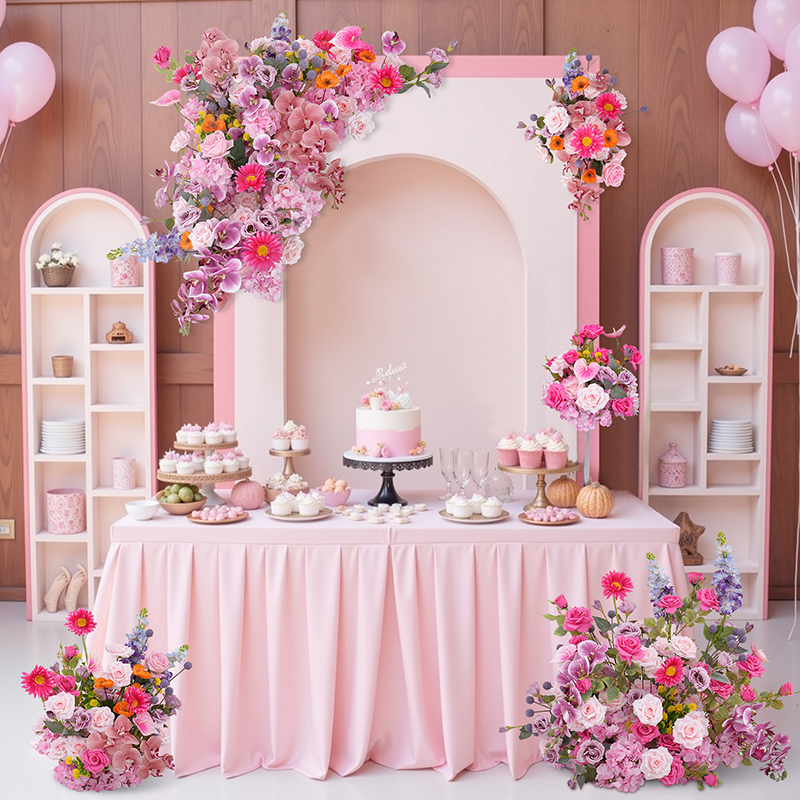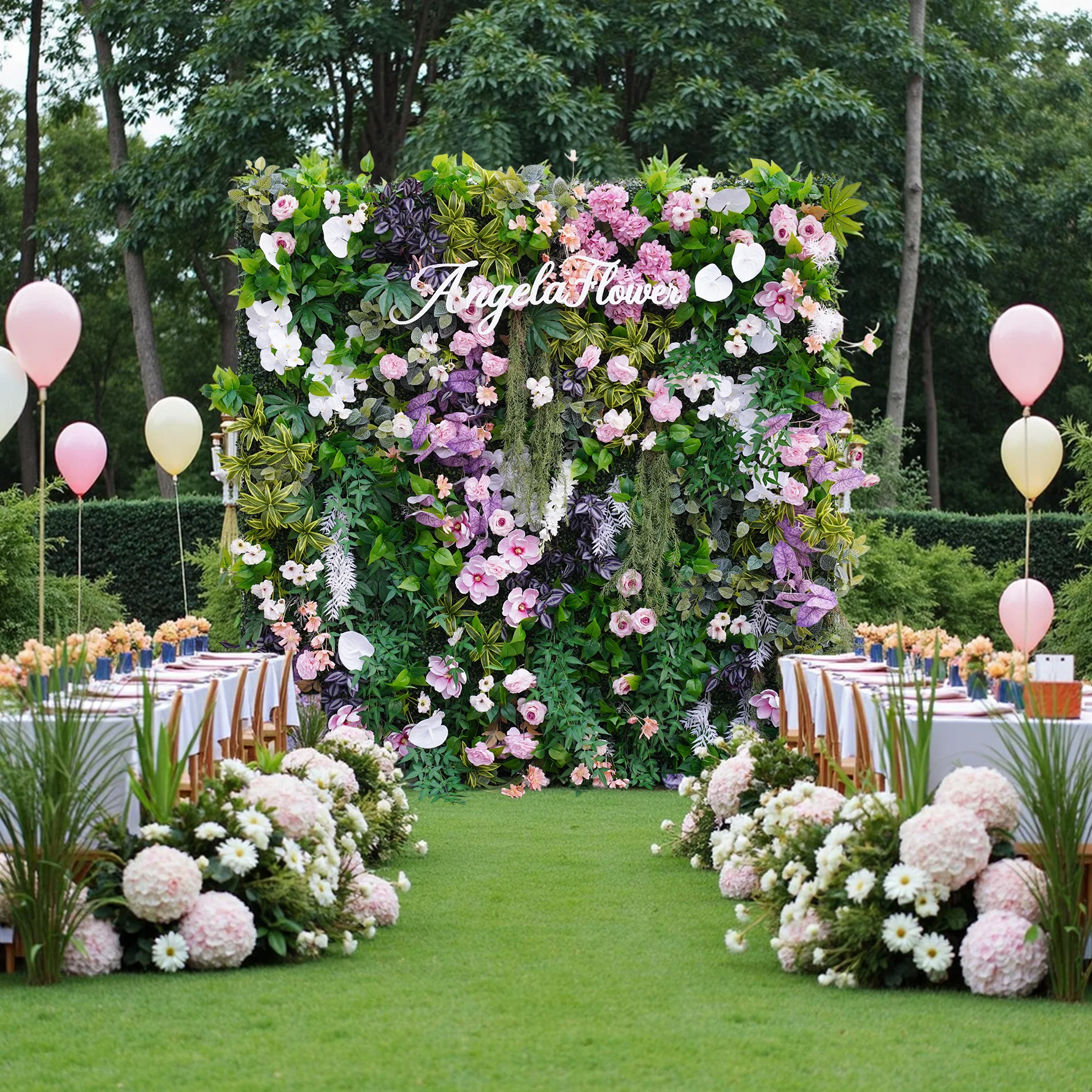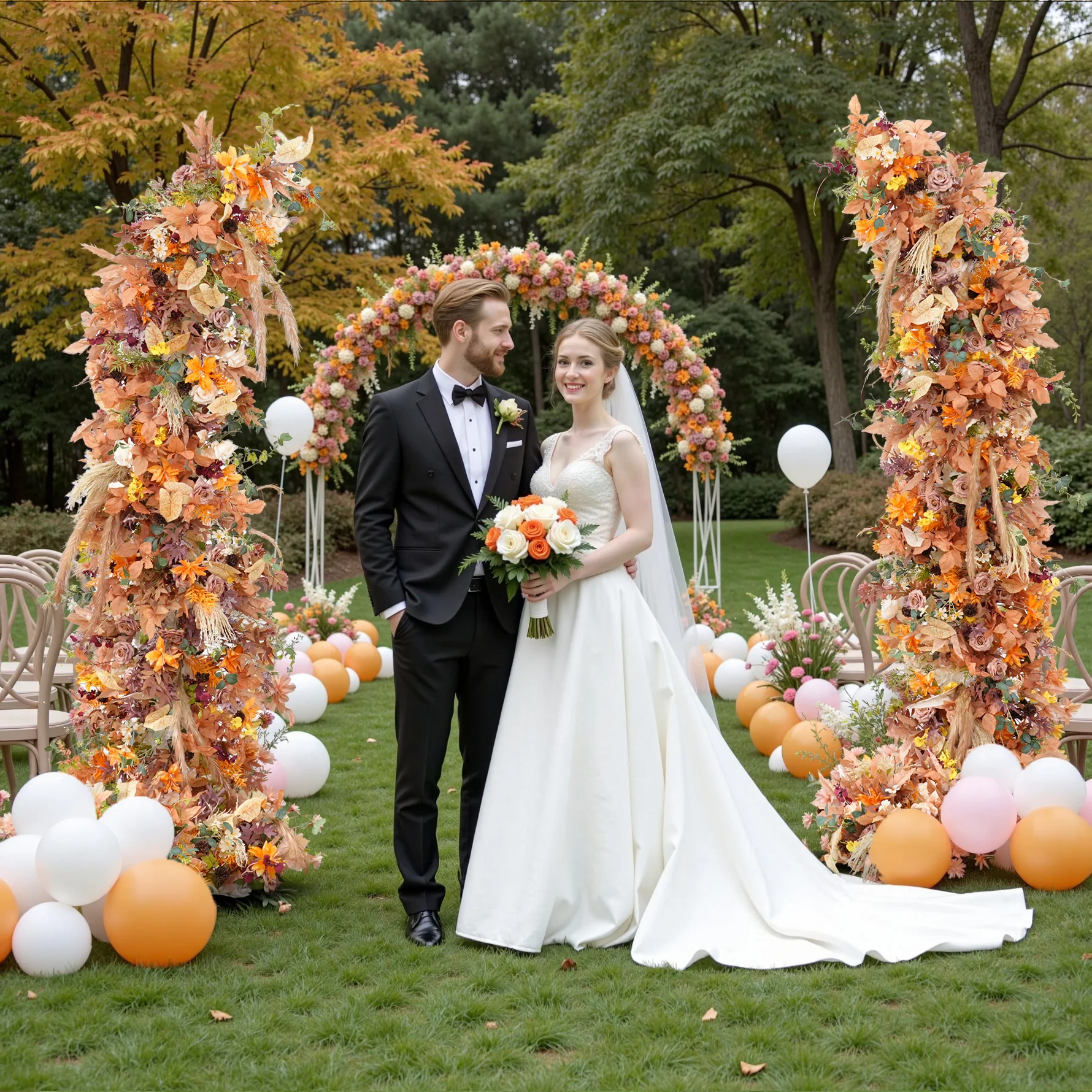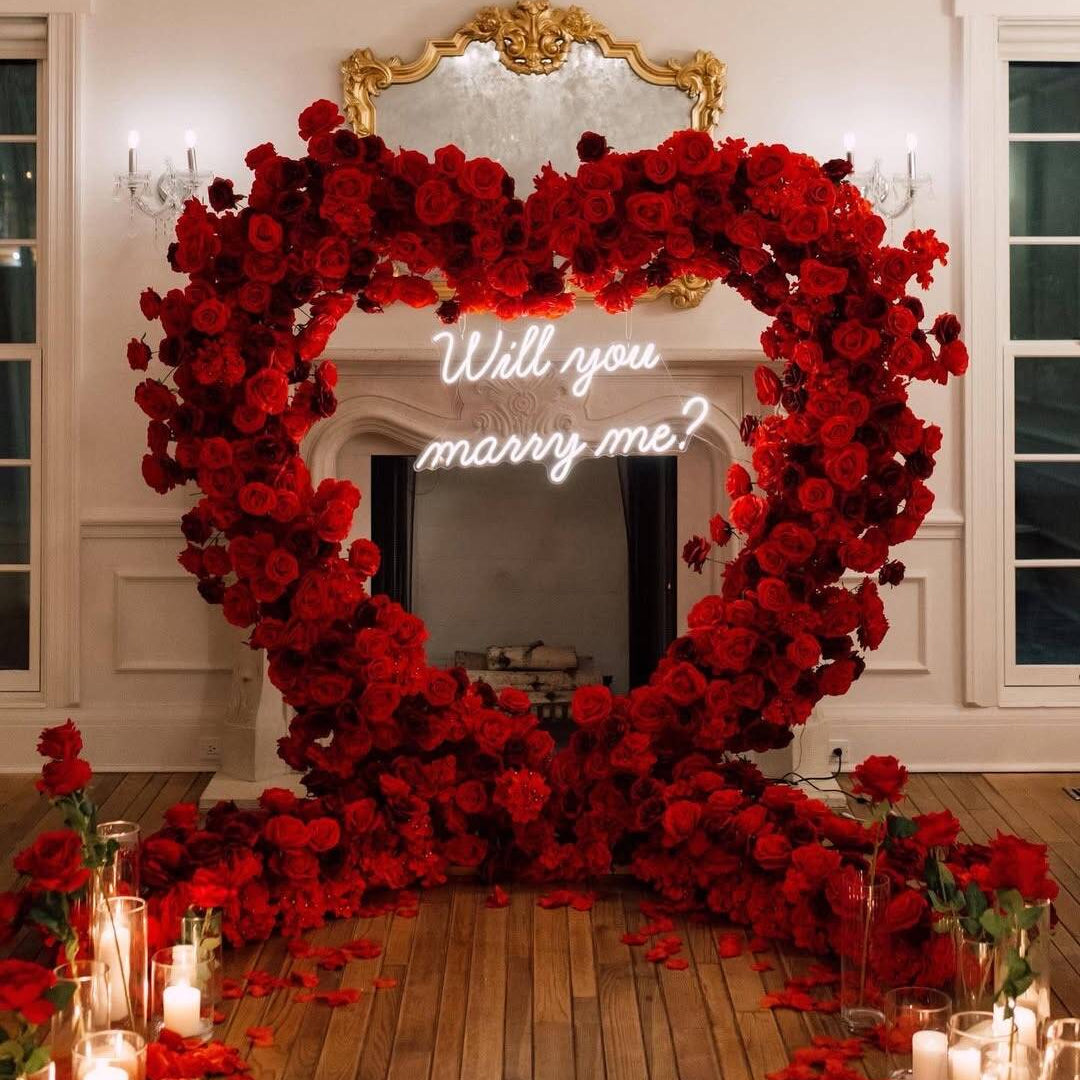The Complete Guide to Wedding Planning
From Theme to Guests, Creating the Exclusive Perfect Ceremony
How to plan a wedding?
Wedding is a very meaningful and important ceremony in life, and a well-planned wedding can become an everlasting memory in the hearts of the couple and their guests. If you want to make your wedding unique and successful, you need to plan it meticulously from multiple dimensions such as theme, budget, time, place and people. Here is a detailed explanation of the key points of wedding planning.
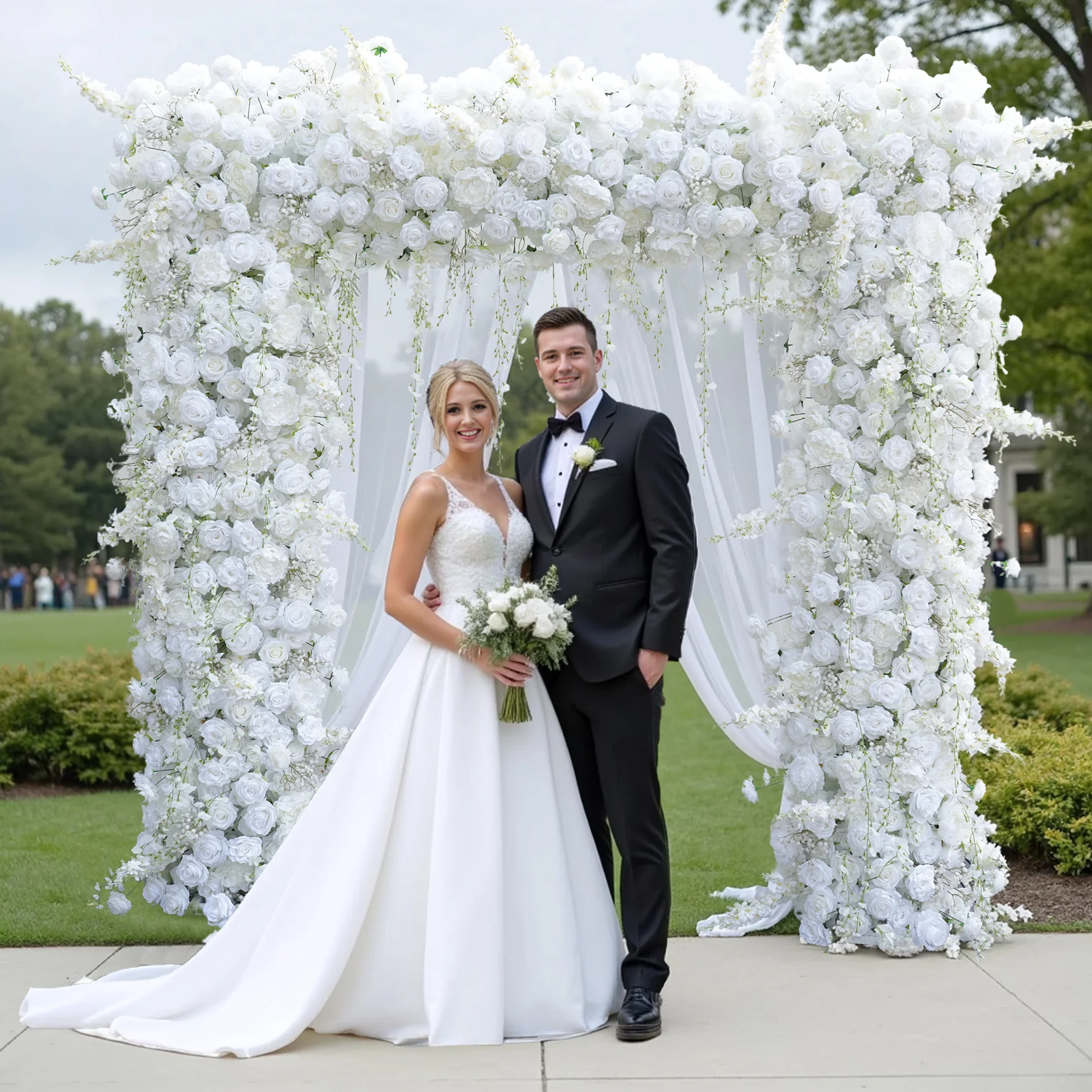
I. Wedding Theme: Defining Exclusive Romance with Creativity
The wedding theme is the soul of the wedding and sets the tone of the overall style. Classic themes, such as flowers and sea, Mori, vintage and fairy tale, are loved by couples because of their beautiful symbolism and universal aesthetics. 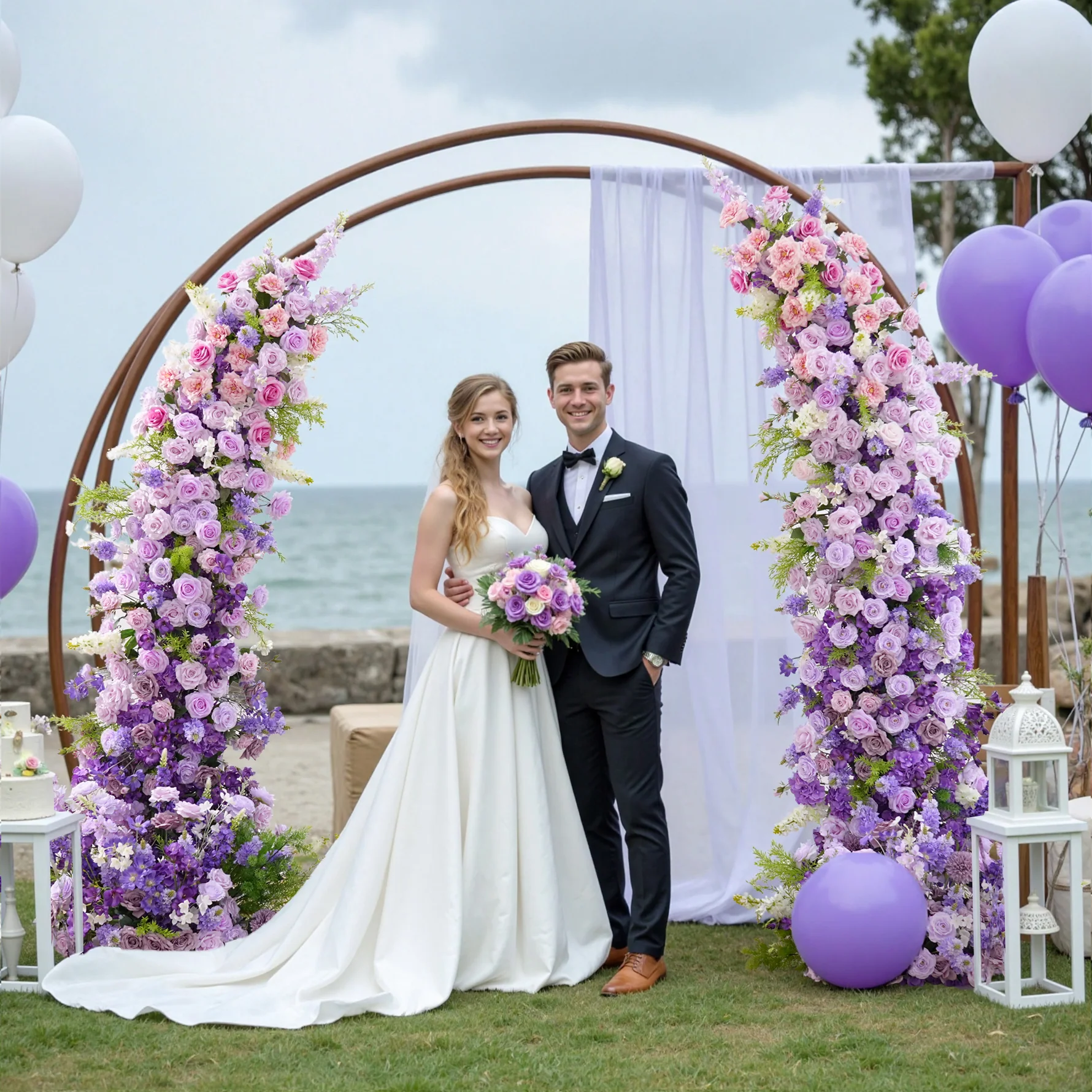
What is the least common weding theme?
The most uncommon theme is ‘Star Trek’. LED lights are used to simulate starlight, along with planetary models and nebulae projections, and even a simulated spacewalk can be included, giving it a futuristic and sci-fi feel that is suitable for couples who aspire to the universe and pursue uniqueness.

Choosing a wedding theme can combine interests, love stories and dreams. For example, environmental enthusiasts can choose the theme of ‘natural symbiosis’: native branches of greenery arch, biodegradable decorations, succulent gifts, the ceremony plus environmental initiatives, both romantic and echoing the concept of conveying a sense of responsibility.
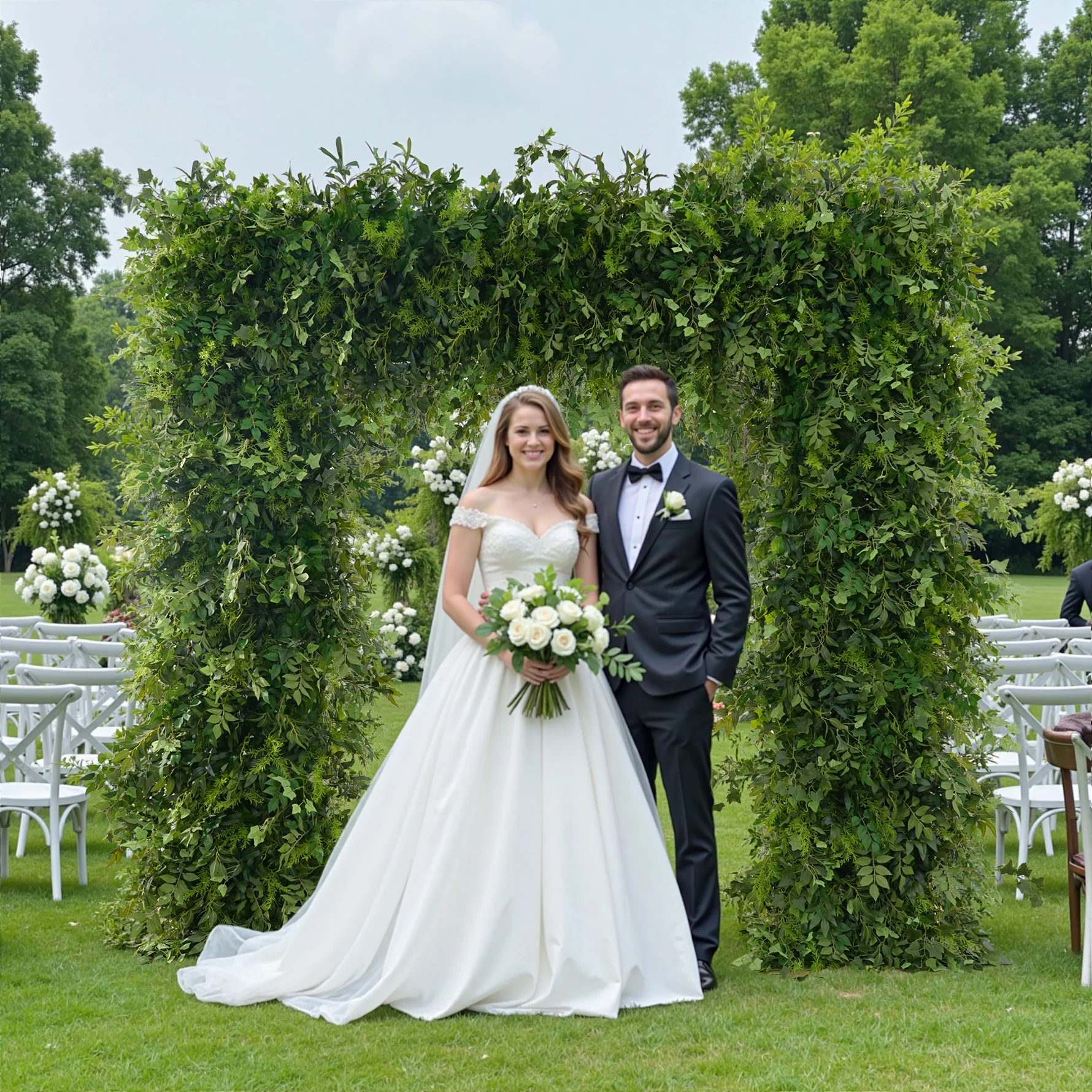
Second, the wedding budget: reasonable allocation, taking into account the romantic and practical
Setting a wedding budget is a crucial step in wedding planning, it ensures that the wedding preparation process is in order and avoids overspending.
How to create a wedding budget ?
Firstly, the total budget amount should be determined. Couples need to communicate with both families to clarify the total amount of money available for the wedding. Then, allocate the total budget according to different items. Generally speaking, venue rental (including ceremony and wedding banquet venues) accounts for about 30-40 per cent, catering costs account for 20-30 per cent, wedding dress and make-up styling account for 10-15 per cent, wedding planning and decoration account for 10-20 per cent, and other costs (such as photography and videography, flowers, and wedding candies, etc.) account for 5-10 per cent.
Third, the wedding date: multi-factor considerations, choose the right auspicious day
How to choose a wedding date?
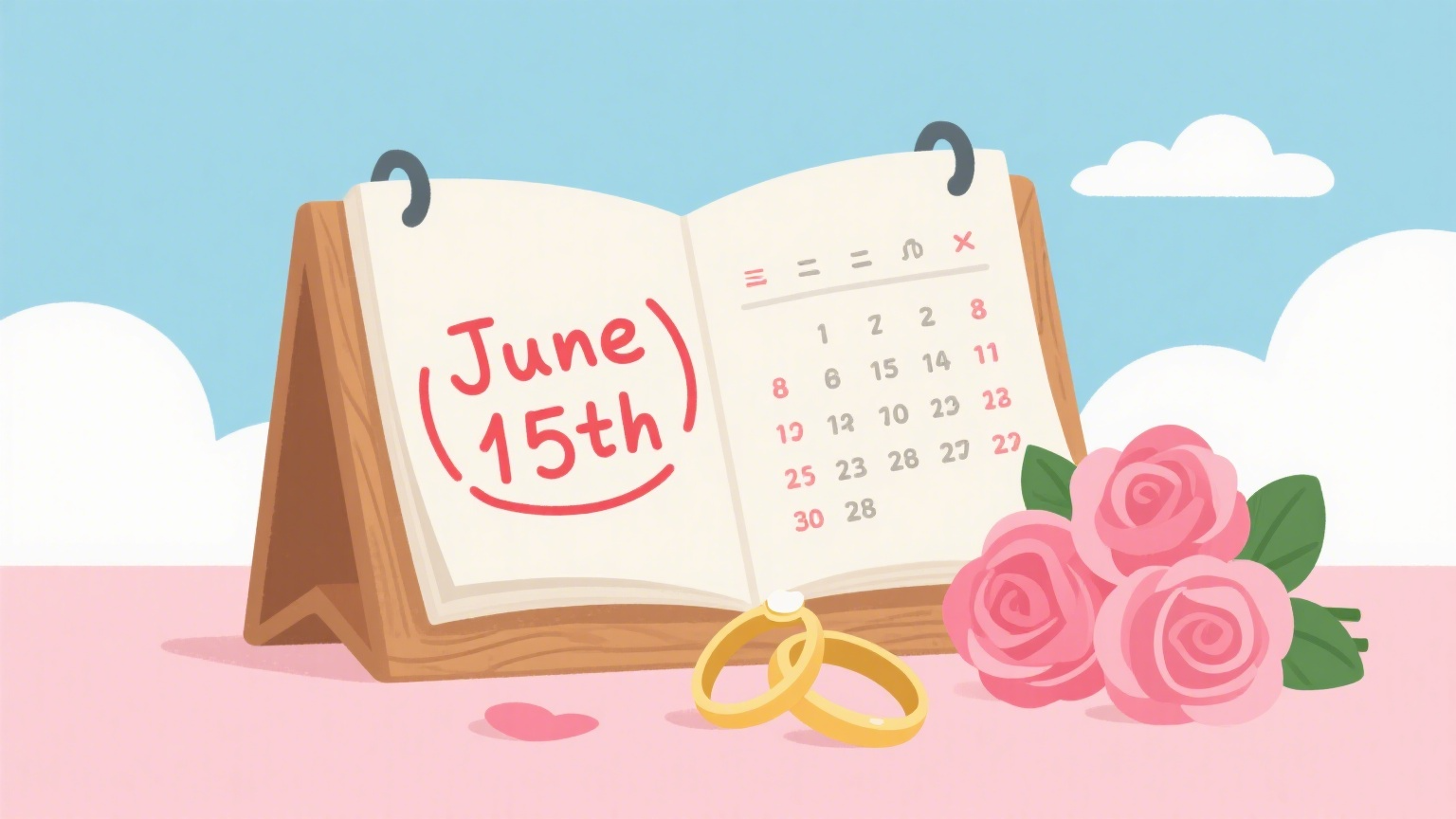
When choosing a date for a wedding, it is important to take into account the wishes of the couple, the convenience of the guests, and also the atmosphere and significance. Seasonally, spring and autumn are popular outdoors (early booking required), summer sunsets are good for al fresco dinners, and winter indoors is easy to style. Choose a day that is special to the two of you (e.g., a first date day, a numerical day with a good meaning) and avoid large local events. There is no need to cater for the zodiac, but rather the emotional connection and practical convenience. Once confirmed, it is recommended to inform family and friends and book the venue 4-6 months in advance, as venues are tightly booked during popular seasons.
Fourth. Wedding venues: searching far and wide to find the ideal place to hold the event
How to find a wedding venue?
Finding the right wedding venue takes some time and effort, here are some common ways and means.
For online channels, you can learn about venues through professional wedding websites, wedding platforms and social media (e.g. Instagram, Facebook, Pinterest, etc.). These platforms have a large number of venue pictures, videos and user reviews, which can help couples initially screen venues that meet their needs.
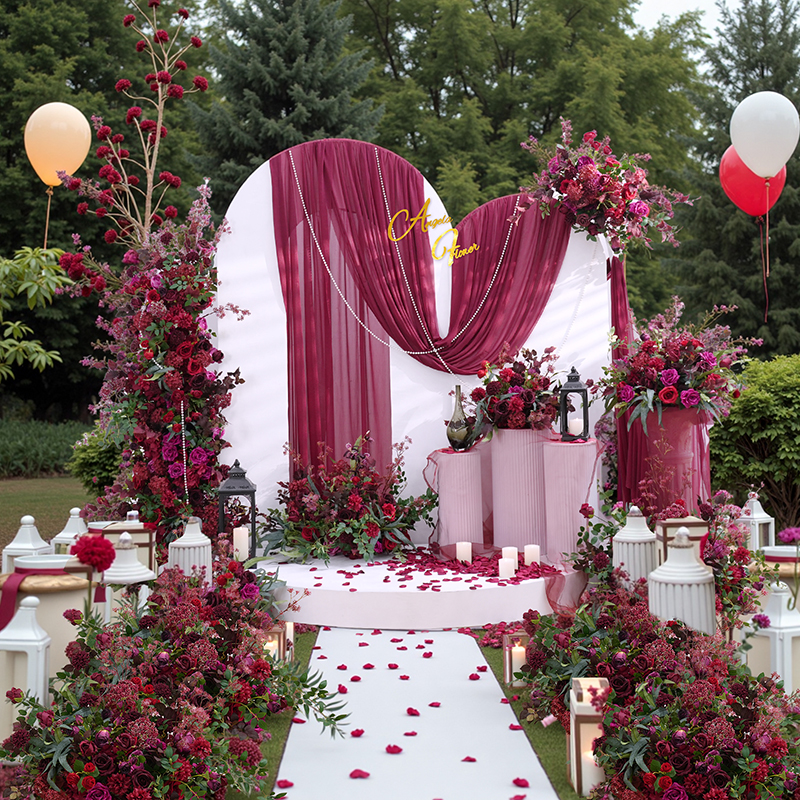
The offline channel can be through attending wedding exhibitions, where you can get a centralised view of a number of venues, as well as communicating directly with the venue manager for discounted information. In addition, you can also ask married friends and colleagues for advice, their personal experience can provide valuable reference.
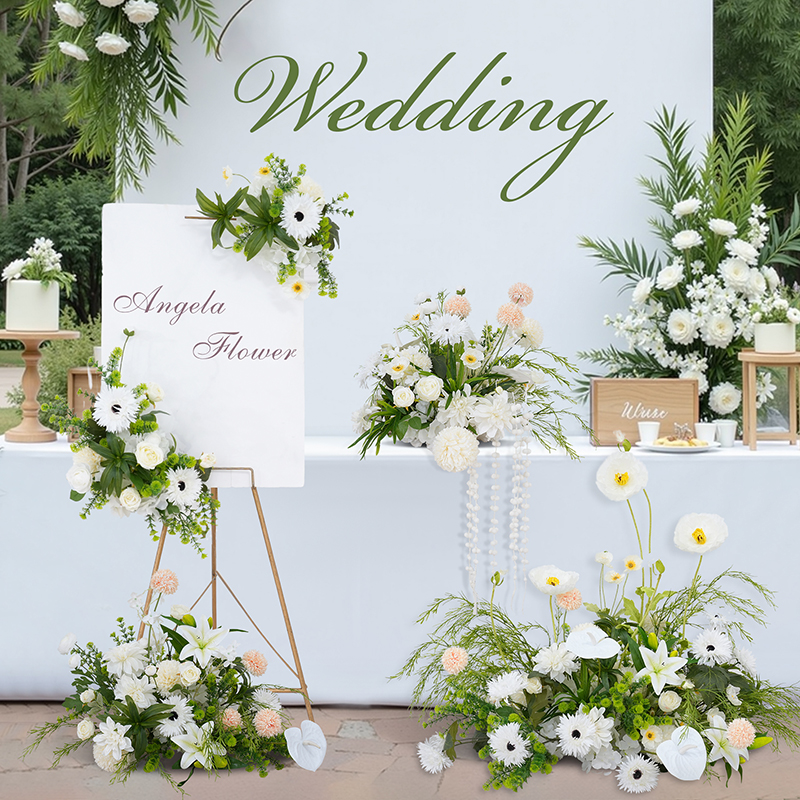
When choosing a venue, consider whether the size of the venue can accommodate all the guests, whether the traffic is convenient, and whether the surrounding supporting facilities (e.g. accommodation, car park, etc.) are perfect. At the same time, the environment, layout and decoration style of the venue should be examined on the spot to see if it matches the wedding theme. For example, outdoor venues with lawns and woods are suitable for forest-themed weddings, while venues such as ancient castles and old houses can be considered for vintage-themed weddings.
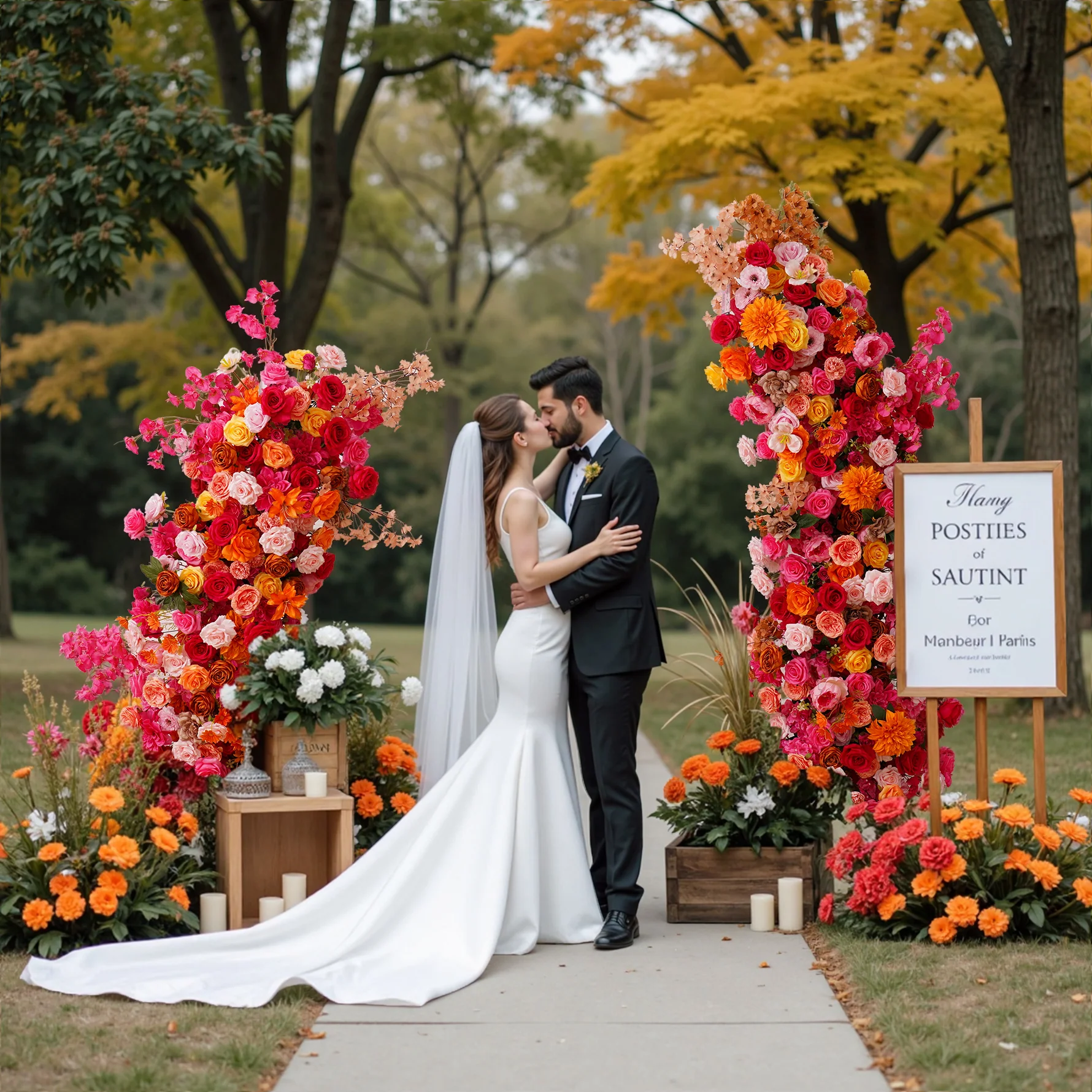
Fivth. Wedding guests: carefully screened to witness happy moments
The guest list for a wedding needs to be carefully considered by the couple to include the important people in their lives as well as the venue's capacity and budget.
Who is in the wedding party?
Firstly, immediate family members of both parties are essential, they are the closest people to the couple and it is only natural for them to witness the wedding. Secondly, good friends, classmates and colleagues, who play an important role in the couple's life and work, inviting them can make the wedding more lively and warm.
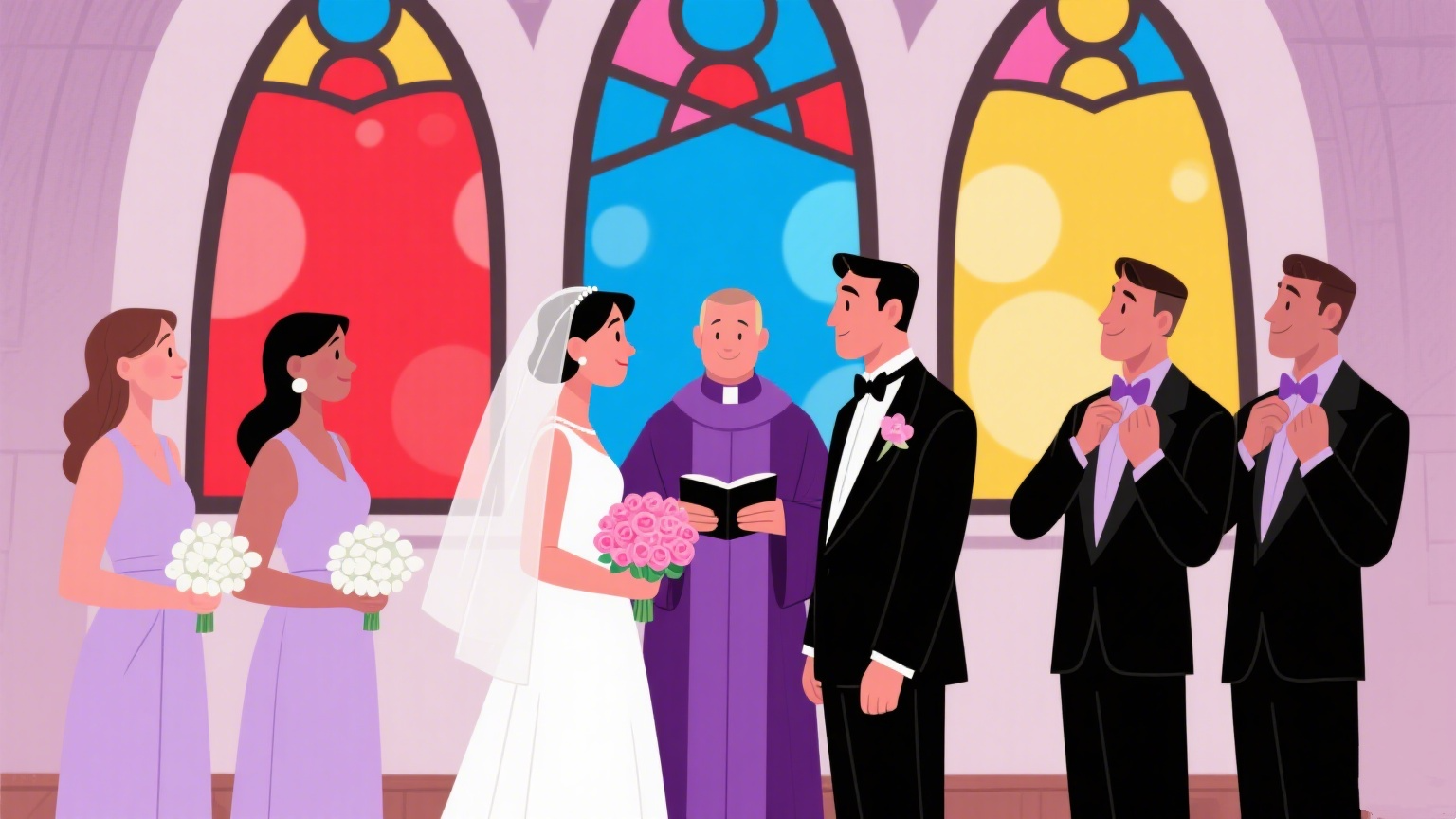
When determining the guest list, care should be taken to control the number of people to avoid adding pressure on the budget and the venue due to an excessive number of people. The list can be made in batches, with the core guests identified first, and then appropriately increased or decreased according to the actual situation. At the same time, it is important to send invitations to guests in advance, indicating the time, place and relevant notes of the wedding, so as to facilitate the guests to arrange their time.
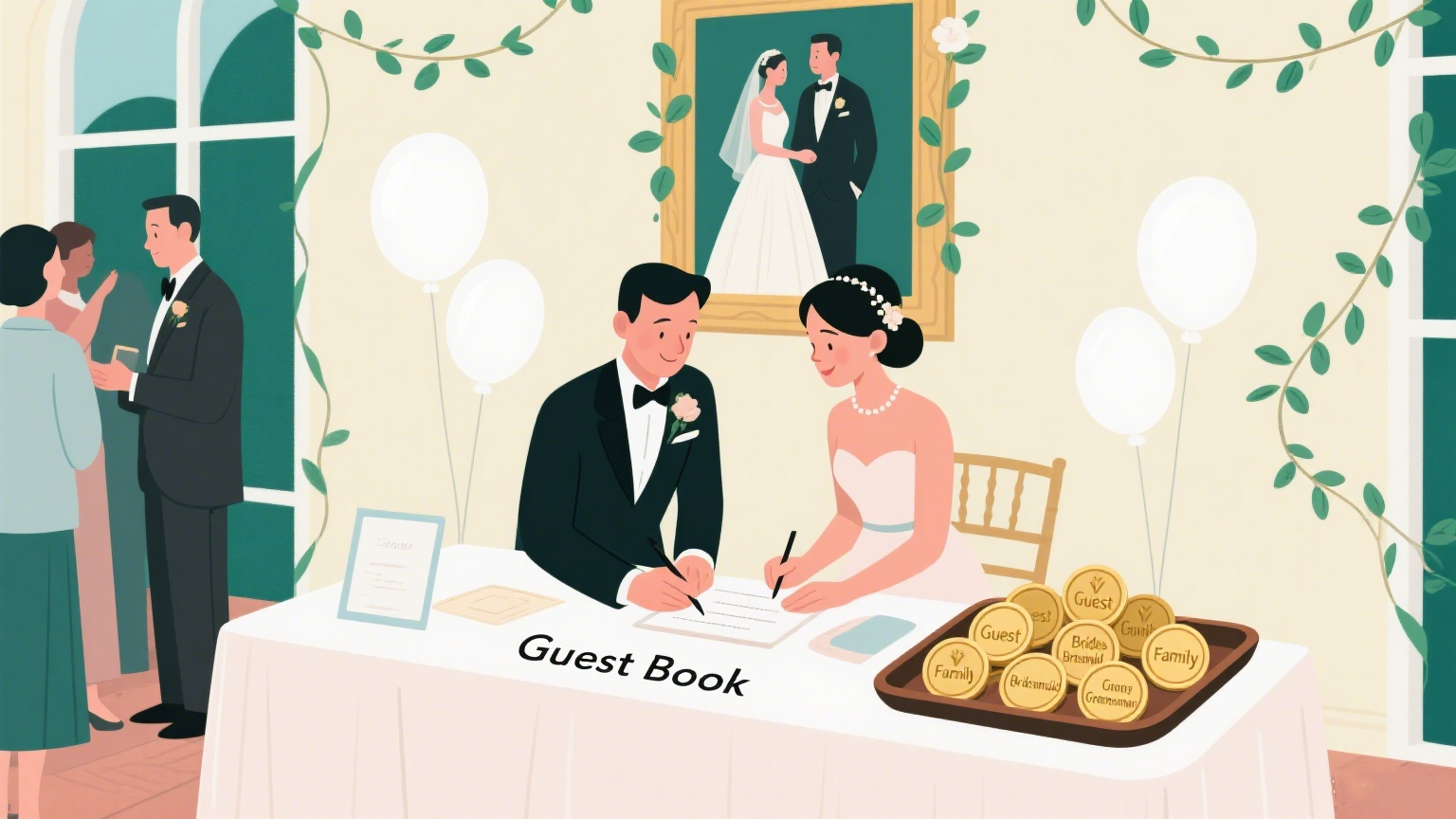
In short, planning a perfect wedding requires couples to invest enough time and thought, from theme determination to guest invitations, every link should not be sloppy. We hope that the above suggestions can help you create a unique and unforgettable wedding.

